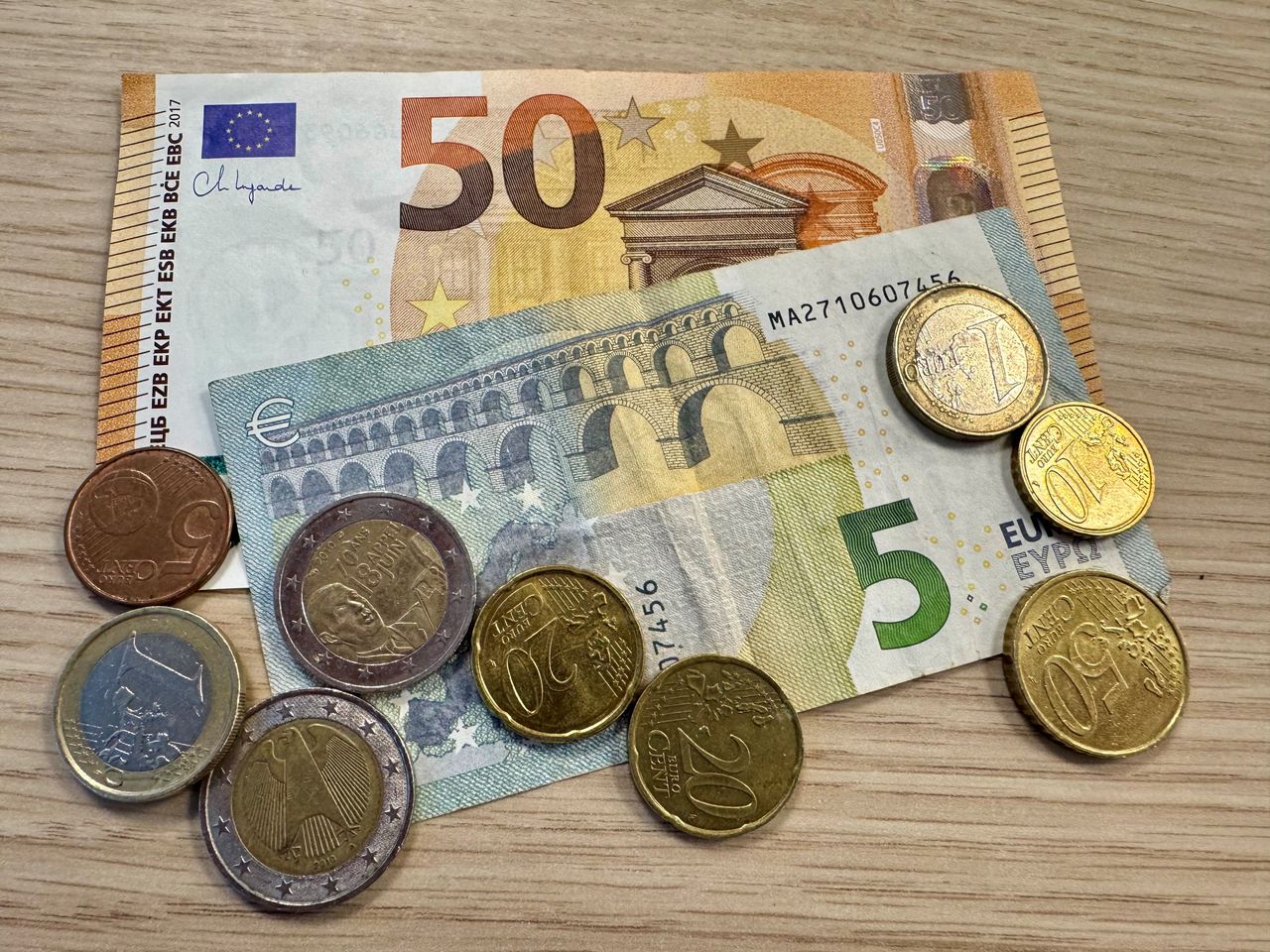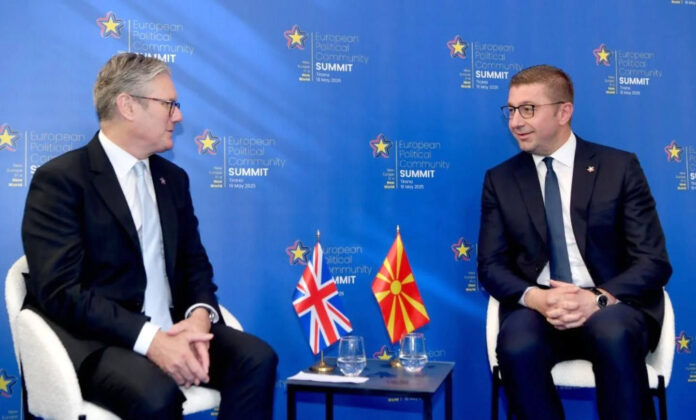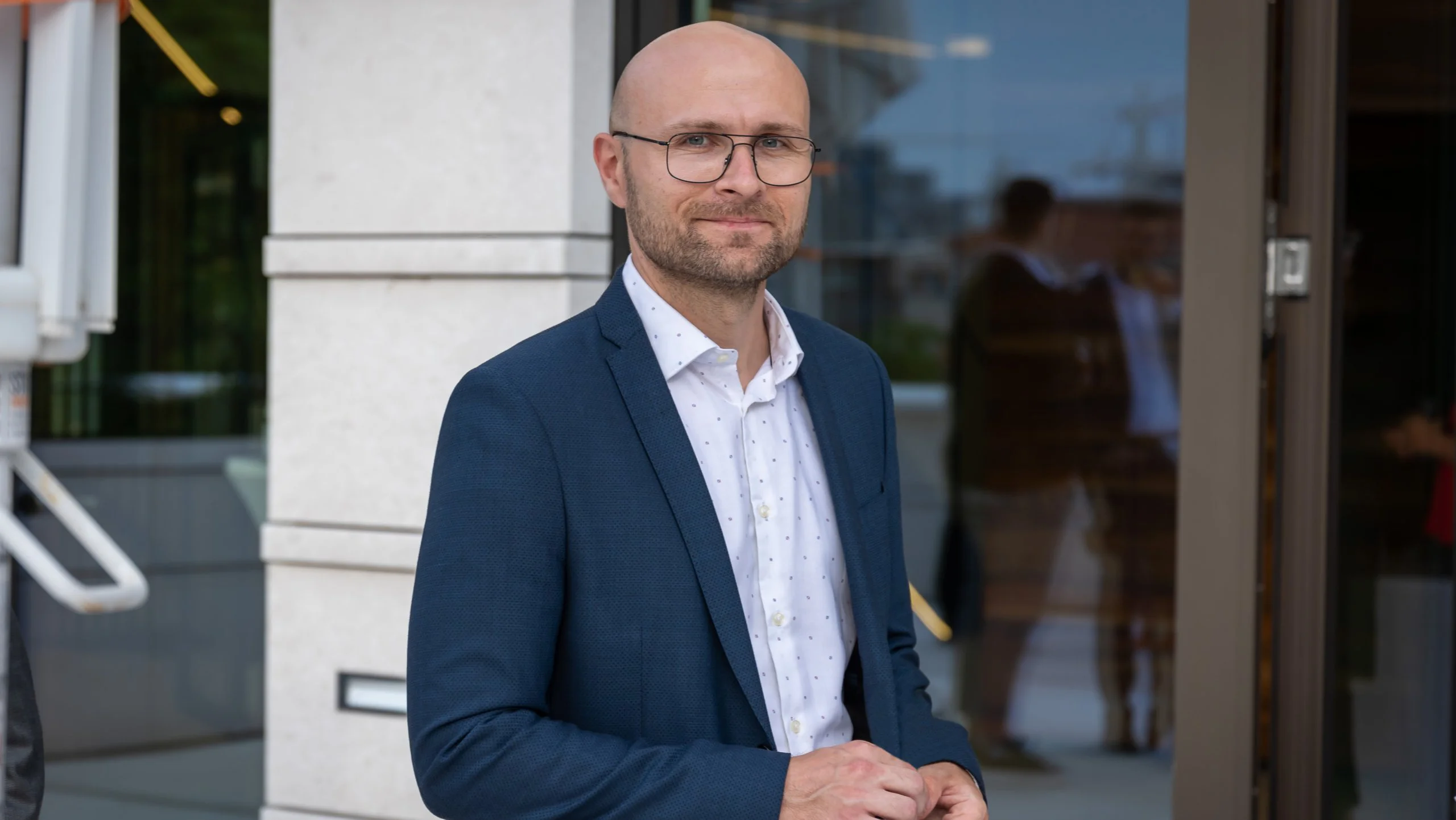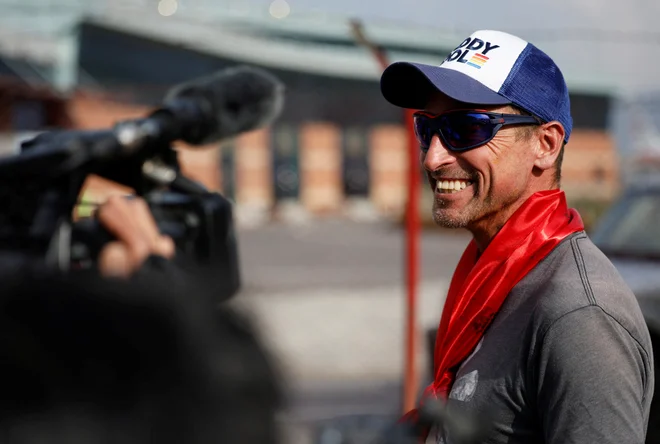After the acid of the Brexit, TOP between VK and EU cooperation must focus on
/s3/static.nrc.nl/images/gn4/data132453223-d93092.jpg)
The list of subjects that the negotiators of the United Kingdom and the European Union have bows over in recent weeks was long and diverse: from trade, energy and defense to immigration, case law and fishing. All those subjects suddenly also hung together, because there can only be an agreement if both parties agree on the total package.
On Monday, the three most important EU representatives will visit Prime Minister Keir Starmer (Labor) in London. Ursula von der Leyen, chairman of the European Commission, foreign representative Kaja Kallas and António Costa, chairman of the European Council, come for the dots on the i and to show what they have been on together.
It is the first official top meeting between the European Union and the United Kingdom since the UK left the EU five years ago. The reset From the British relationships with the EU, which Prime Minister Starmer wants so badly and what he has been talking about since his start in July last year, gets more content with this top.
London and Brussels will very likely make agreements on these topics on Monday.
Defense: a pact
The international instability and the United States that make retreating movements under President Donald Trump are bringing the EU and the UK closer together. The ‘Coalition of the Willing’, a group of countries that want to deliver soldiers for a possible peace force in Ukraine, is a consequence of close cooperation between starmer and French President Emmanuel Macron. That coalition has disappeared somewhat in the background because the peace talks between Ukraine and Russia are not getting along, but the preparations for military cooperation are going on. Also on the top Monday there will probably be a joint explanation about the importance of mutual togetherness in geopolitics uncertain times.
Both the EU member states and the UK want to bring their defense force back up to date in the coming years. The VK would therefore like to access a new EU defense fund of 150 billion euros, so that British arms manufacturers can participate in military tendering projects in Europe. A condition for this would be a defense act, such as the EU that in recent years with a handful of other countries (Albania, Japan, Norway) closed to emphasize the importance of mutual cooperation. Such a pact will probably come on Monday, although the UK may also have to contribute financially to the Defensive Fund.
Fishing and trade
The Labor government would like to relax the trade to and from EU countries, because many companies are now hiding on the paperwork on the border and this is counteracting economic growth in the UK. The infamous sausages, which were symbolized during the Brexit for the Brexit between the two parties, came back on the agenda. In principle, the EU prohibits the import of non-frozen meat from third countries. Now there may be agreements so that the British could still perform meat and other perishable products again.
In exchange, EU countries with fishermen who make extensive use of British waters, such as France, the Netherlands and Denmark, would like to catch new agreements about the quantities of fish that Member States may continue to catch there. The existing agreements will end in June next year and the EU wants to keep the same access at least, while the UK may want to reduce it. The question also plays the question of how long the parties would give each other any benefits: will they be agreements for a few years, or without end date?
With smoother food rules, Brussels also wants to agree immediately that the UK automatically takes over updates from European regulations in order to be able to continue to guarantee food safety. And the EU also wants certainty about case law in disputes, and therefore demands that the UK accepts judgments of European judges. These two things are difficult to accept for the British, because many residents saw the Brexit as the recovery of sovereignty and independence.
Access for young people
European member states would like to give their young people the opportunity to work in the UK more easily, to study or to do an internship, which became more difficult after the Brexit due to the end of the free movement of people. There will probably be a principle agreement on Monday about a new youth mobility program.
This is risky for the British government, because everything that has to do with migration is sensitive in the UK and Labor wants to avoid any suggestion of open borders. The right -wing opposition is ready to accuse Labor of it to ‘open’ its own boundaries. So in recent weeks the government tried to incur limitations in the plan: for example, a maximum number of young people per year and preferably also for a period of no more than one or two years.
EU countries also want the UK to participate in the Erasmus program again, so that EU students would pay the ‘domestic’ tuition fees for popular British universities. The rate for British students is often many times lower than for foreign students. The agreements probably don’t come that far now. ‘Erasmus’ is also not necessarily attractive for the UK, because in the past more students always came to the UK than British youth went to other European countries and the UK therefore relatively more paid to the subsidies.
Prime Minister Starmer and Commission President von der Leyen Vinken so many topics off their lists. Not everything will have been agreed in detail, but an appointment to negotiate something in the coming months will also see them as a symbolic result. Both have an interest in the message that the bitterness from the Brexit days is behind them.

/s3/static.nrc.nl/wp-content/uploads/2025/05/19081123/web-1905BUIcontroles.jpg)
:format(webp)/s3/static.nrc.nl/images/gn4/stripped/data126633164-b82aad.jpg)




